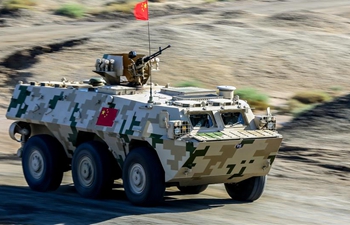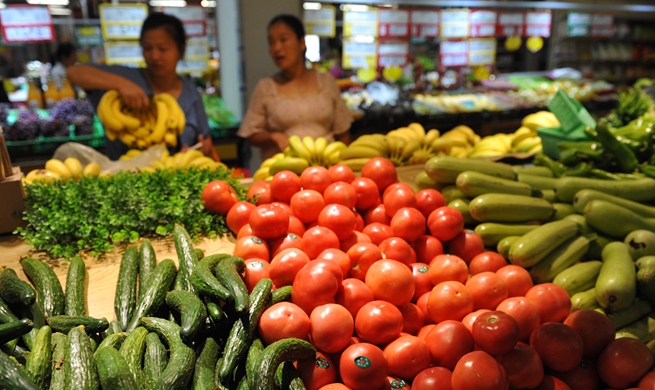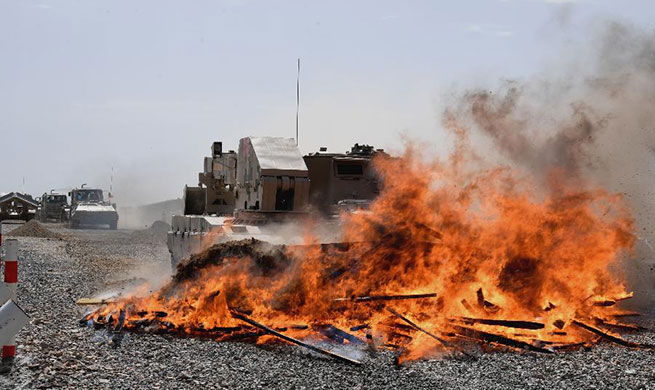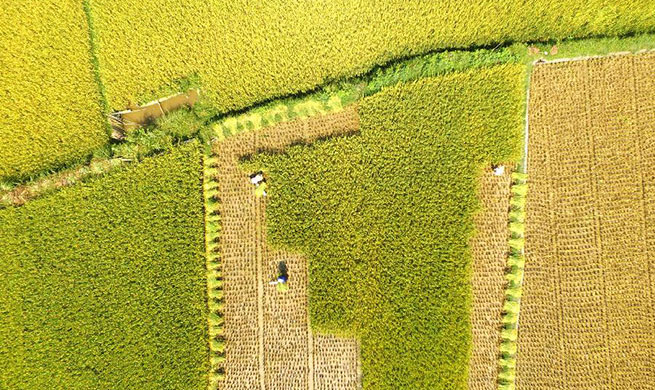BAGHDAD, Aug. 9 (Xinhua) -- Iraq's prominent Shiite cleric Moqtada al-Sadr said on Thursday that his party will not join the government coalition if the political parties fail to nominate a candidate who meets the conditions he sets for the country's next prime minister.
Earlier in the month, Sadr put forward 40 conditions which he claimed the candidate of the next Iraqi prime minister should meet.
Among the conditions, the candidate should be independent and is not affiliated with any particular party, nor is he a member of parliament.
In addition, the candidate should not be suspected of financial corruption, or have a dual citizenship.
Sadr also stressed that the political parties should not interfere in the work of the future prime minister, who must nominate five candidates of technocrats for each ministry in his upcoming cabinet.
"I will give a specific time limit (for the political factions) to achieve the 40 conditions. Otherwise the opposition is our decision," Sadr said in a statement posted on his official website.
The deadline will be until the Iraqi Supreme Judicial Council confirmed the final results of the elections, or 15 days, Sadr said without specifying the starting date of the 15 days.
The Iraqi political blocs, which won seats in the parliament, have been involved in tough negotiations to form the largest alliance that would form the next government in the coming four years.
Meanwhile, Sadr called on the political blocs to join his Sa'iroon bloc in the opposition to form a powerful new alliance known as "Saving the homeland bloc," if the largest alliance is formed by the political blocs and would not include Sa'iroon bloc.
On May 12, millions of Iraqis went to 8,959 polling centers across the country to vote for their parliamentary representatives in the first general election after Iraq's historic victory over the Islamic State (IS) militant group last December.
On May 19, the Iraqi Independent High Electoral Commission (IHEC) announced the results of Iraq's parliamentary election, which showed that the political coalition al-Sa'iroon won the elections with 54 seats in the Iraqi 329-seat Council of Representatives (parliament).
However, Iraq witnessed serious setbacks in its political process following the elections as many Iraqi parties, especially in the Kurdish region and the disputed areas, including Kirkuk Province, complained about alleged irregularities and forgery in the parliamentary elections.
On June 24, a judicial panel of nine judges, who replaced the nine members of IHEC, decided to conduct manual recount for suspected ballot boxes of the May 12 parliamentary election over irregularities and fraud.

















